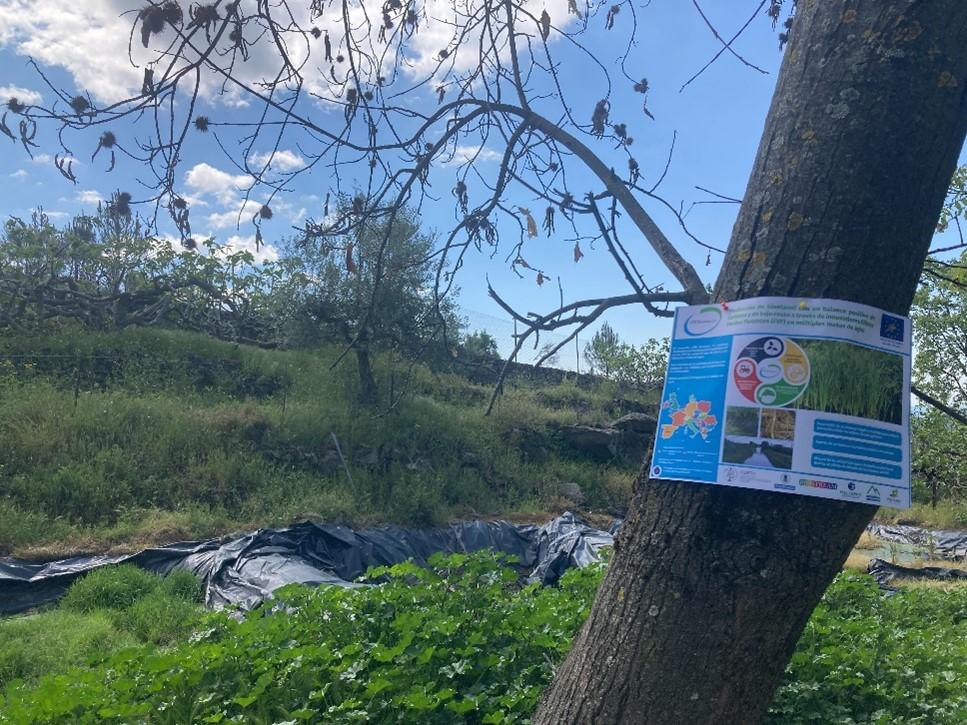
The combustion of fossil fuels for energy and transport is the primary source of CO2 emissions. Biofuels like bioethanol and biodiesel have measurable GHG benefits over traditional fossil fuels as they cause fewer emissions during the production cycle.
The team behind LIFE Biomass C+ has developed a new way of producing sustainable biofuel. Instead of land, they used existing and underused infrastructure and water resources. They grew an aquatic plant called the southern cattail in channels, ponds, and lagoons. These water bodies contained wastewater from various industries and farms.
The team used innovative green technology to grow the plants: green floating filters. These filters cause fewer CO2 emissions than growing traditional fuel crops like wheat or corn. They improve water quality as they absorb heavy metals and other pollutants. The filtering process also boosts biodiversity. The plants are not for human consumption, so they don't compete with food crops.
Plant roots and rhizomes, which were grown in Greece and Spain, have successfully been converted into bioethanol which was found to be of high purity and met European standards.
'We have developed a clean and dependable method to produce biofuel without using agricultural land. The resulting biomass is a starch-rich feedstock,' says LIFE Biomass C+ project coordinator Panagiotis Grammelis.
The longer-term plan is to scale up the technology so it can be tested in other water bodies across the EU.
LIFE Biomass C+ supports the EU's ambition to be climate-neutral by 2050. The project also aligns with the EU's Biodiversity Strategy for 2030.
More information
Details
- Publication date
- 16 February 2023
- Author
- European Climate, Infrastructure and Environment Executive Agency

